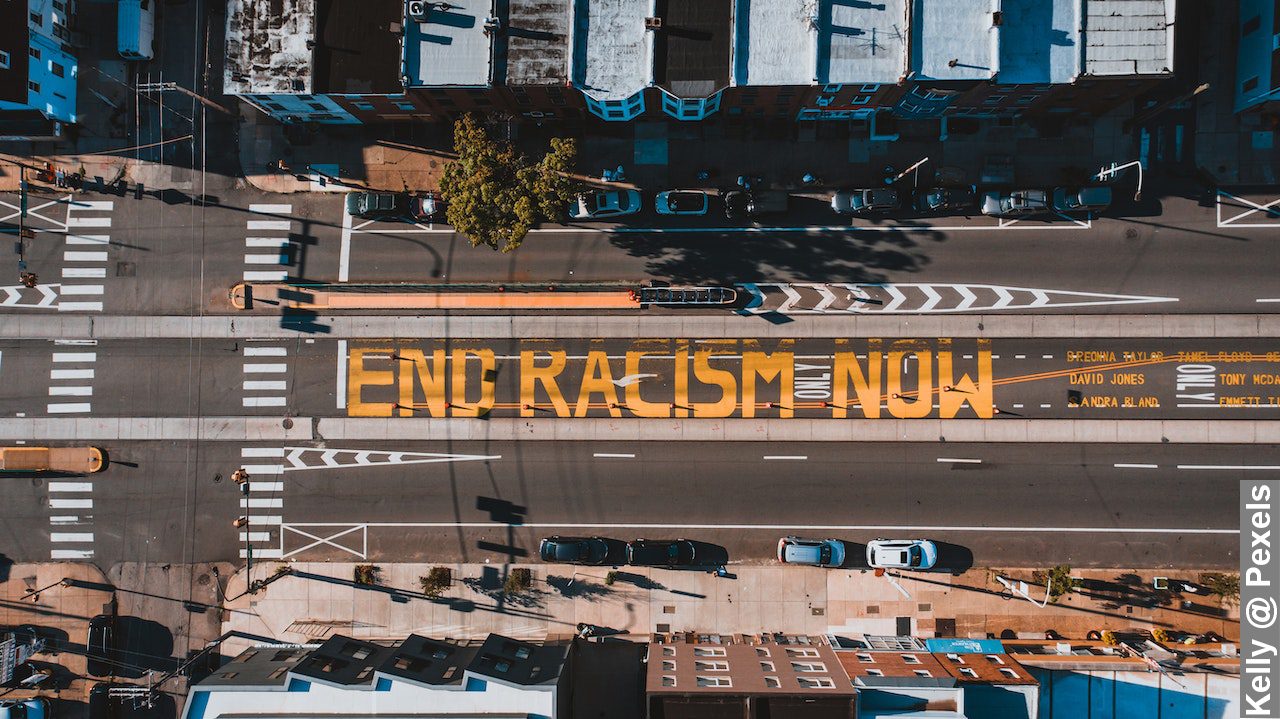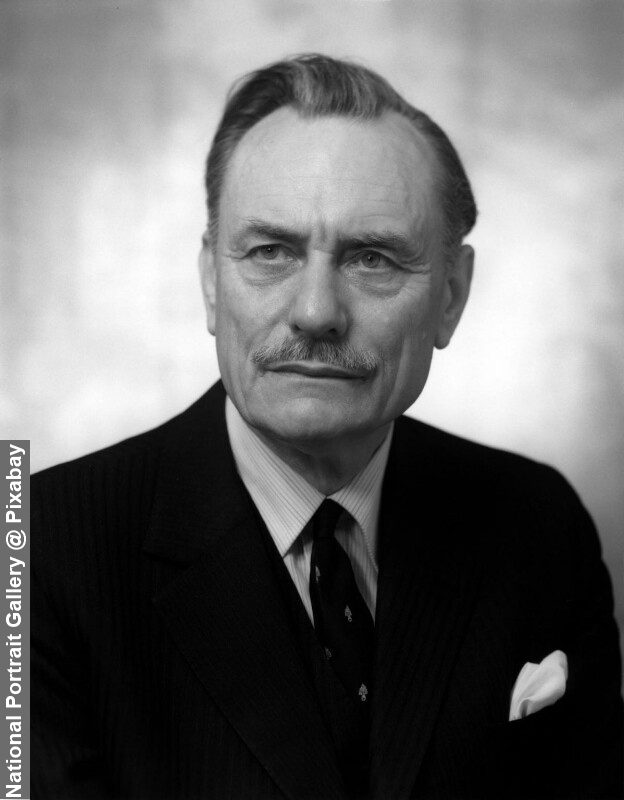Racial intolerance, racial bigotry and narrow-mindedness have long been part of society. It would be great if this did not exist. However, it does and camouflages itself in many shades, like the shades of a sunset. I do believe that hope will carry us to the promised land. To get there, children of today hold the key.

Black History Month 2022
I decided for UK Black History Month 2022, I would increase my knowledge by reading three books in October on black history. Lulls in my life have forced me to find ways to lessen the burden and stress on my heart and mind. To achieve this tranquillity, I have become an avid reader (not prolific, but a hobbyist reader). Therefore, I am hoping this challenge will not be too daunting.
The painful truth of my newfound hobby is that it comes at a price. I am haemorrhaging cash on new physical books. Ok, confession time, I am one of those peculiar people who take pleasure in the tactile feel of books instead of electronic books. I have found a workaround for such a dilemma by purchasing from charity shops and second-hand stores.
My first chosen book is on racial intolerance
During my last visit to Oxfam, I came across Russell Hargrave’s “Drawbridge Britain” book. This book covers the love and hostility in the UK immigration policy from the Windrush generation to present-day Britain.
As a person of African heritage, I thought my knowledge of immigration, asylum-seeking, and refugees was solid. This book blows that theory out of the water and into smithereens. Russell Hargrave tells the story of obsession, from panic in Whitehall when the Windrush docked in 1948. To a Brexit vote driven by fear and mistrust of newcomers.
He outlines how different UK governments have made life difficult for immigrants and how British residents and the immigrants have often managed to be at odds with each other.

Enoch Powell, the perpetrator of racial intolerance
One such government individual named Enoch Powell kept popping up time and time again throughout the book. The more I read, my memory travelled back to the late 90s. My parents dived headlong into a disapproving discussion about Enoch Powell when a political topic surfaced on television. At that time, I must’ve been 16 or 18 years of age, and Enoch Powell did not mean much to me. Upon reading this book and being reacquainted with his name and his political views, I had to write a blog.
Many of the experiences outlined in the book, I have experienced both as a child and as an adult. A person of colour is never too far from an onslaught of abuse when immigration topics are in vogue. I think we must teach our children about racial intolerance. The need to have tolerance for everyone and fight against those with hidden agendas and intent on anarchy.
Flipping of the coin politics
What is interesting is that Enoch Powell could have had such a positive impact on immigration in Britain. But instead, he was in favour of immigration at one point and subsequently switched sides as one would flick a switch or toss a coin.
This is not dissimilar to Boris Johnson’s (UK Prime Minister till 5 September 2022) politically driven coin toss. It is no secret that Boris Johnson favoured the UK remaining in the EU before deciding to lend his charismatic backing to the Brexit cause at the very last moment. Or Donald Trump’s dilemma of whether he was a Republican or a Democrat long before he became president of the United States. This is a classic case of having one foot in each camp before deciding which camp would offer them the best chance of success.
Enoch Powell was no different to Boris Johnson or Donald Trump, as he became a notorious figure in twentieth-century British politics. He stood out from an early age combating speeches for his family. Academically Powell was very impressive and went off to Cambridge University as an undergraduate. He emerged towards the end of the 60s as a dominant anti-immigration voice. But he will forever be remembered for his 1968 Rivers of Blood speech. His imagination of immigration from Britain’s ex-colonials as it became his exasperation.
Enoch Powell Had Real Potential
Fascinating, in 1949, Enoch Powell worked for the Conservatives as a researcher. Along with a small group of other researchers, they developed a document called ‘The right role for Britain’. This document was not only adopted by the Conservative party but it was published under Winston Churchill’s name. One section of this document reads as follows;
There must be freedom of movement amongst its members within the British Empire and Commonwealth… New opportunities will present themselves not only in the countries overseas but in their Mother Country and must be open to all citizens

If this is not a smoking gun levied against politicians who clearly could have gone either way, I am not sure what is. Where racial tolerance replaced racial intolerance with attitudes towards immigration. However, he decided on the path of intolerance and hate towards immigration.
This gentleman enthusiastically pushed to keep Britain’s borders open to any citizen of the Empire or Commonwealth. They should not be denied the same opportunity he has in the UK. But unfortunately, this enthusiasm for openness did not last long. By the mid-50s, Enoch Powell advocated discriminating against some of its citizens based on their race.
Culminating in the 60s into a warning about how immigration would lead to social collapse. Powell’s remedy to this was beyond Donald Trump’s building of a wall mantra. Instead, Enoch Powell suggested that Britain has to completely halt immigration. He argued that does who had made a living in Britain for the last two decades should be encouraged to pack their bags and leave. These were the same people invited to come and make Britain great when its citizens did not want to do particular jobs.
Acceptance does win in some manner!
Ted Heath, the then-Conservative leader, instantly sacked Enoch Powell from frontbench politics the following day. However, his opposition to government policy on immigration and the tone of his 1968 Rivers of Blood speech cost him.
Worrying is that Enoch Powell had seen the contribution made by the Commonwealth countries during World War II. He had also seen contributions from those invited into Britain to help rebuild it after the World War. Yet this level of hostility and racial intolerance festered deep within.
The real question that must be asked of a guy with many shades is if this was all for political gains and success. Or were these the true feelings of a man that could have offered so much?
Regardless of how we may feel, racial intolerance against countries, races, languages, and colours is unacceptable. We must teach our children early to prevent someone like Enoch Powell from poisoning a country and its population. Teach them the importance of tolerance sprinkled with love!

